Effective Asphalt Sealings to Prevent Surface Damage
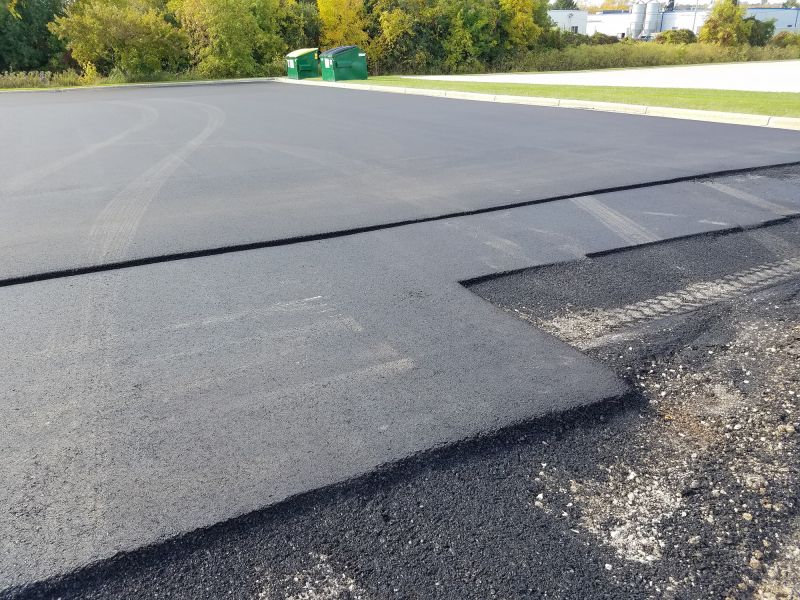
A newly sealed asphalt surface showcasing a smooth, uniform finish that enhances durability and appearance.
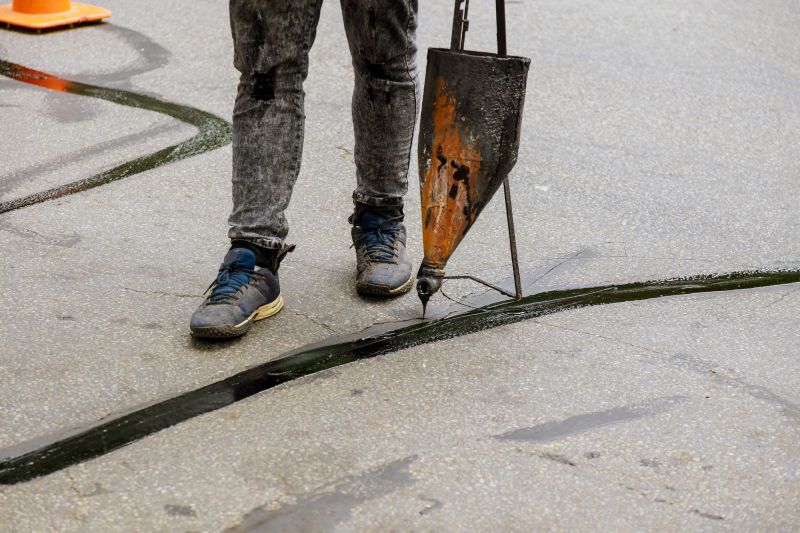
Professional-grade tools used to apply asphalt sealers evenly across large surfaces for optimal protection.
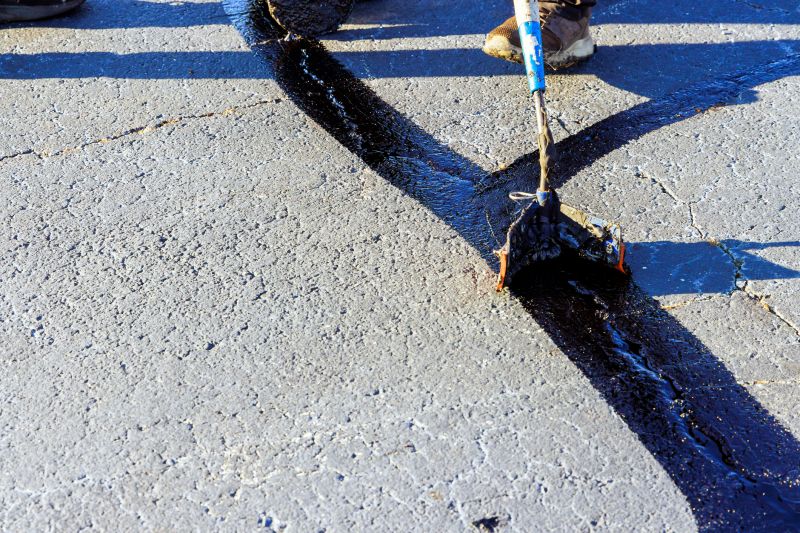
Finished asphalt sealing project demonstrating a clean, sealed surface ready for traffic.
Asphalt sealings serve as an essential protective layer that extends the lifespan of asphalt surfaces. Proper sealing can significantly reduce damage caused by water infiltration, UV rays, and temperature fluctuations. Studies indicate that regular sealcoating can prolong asphalt pavement life by up to 50%, saving costs on repairs and replacements over time. The process involves cleaning the surface thoroughly, applying a liquid sealant evenly, and allowing adequate curing time for optimal results.
Applying asphalt sealings typically takes a professional between four to eight hours, depending on the size and condition of the area. Larger projects may require multiple days, especially if multiple coats are necessary. The process begins with surface cleaning, followed by crack filling if needed, then the application of the sealant in thin, even layers. Proper preparation and application are crucial to ensure long-lasting protection and an attractive finish.
Benefits of Professional Asphalt Sealings
Professional sealing provides a resilient barrier that protects against weathering, cracking, and erosion.
Regular sealings prevent costly repairs and extend the lifespan of the asphalt surface.
Sealed asphalt surfaces look cleaner and more uniform, enhancing curb appeal.
Experts complete sealing projects quickly, minimizing disruption and ensuring quality results.
Hiring a professional for asphalt sealings ensures the proper application techniques are used, leading to longer-lasting results. Professionals have access to high-quality sealants and equipment, enabling a thorough and even coating. This reduces the likelihood of premature deterioration and extends the functional life of the pavement, making it a cost-effective maintenance solution.
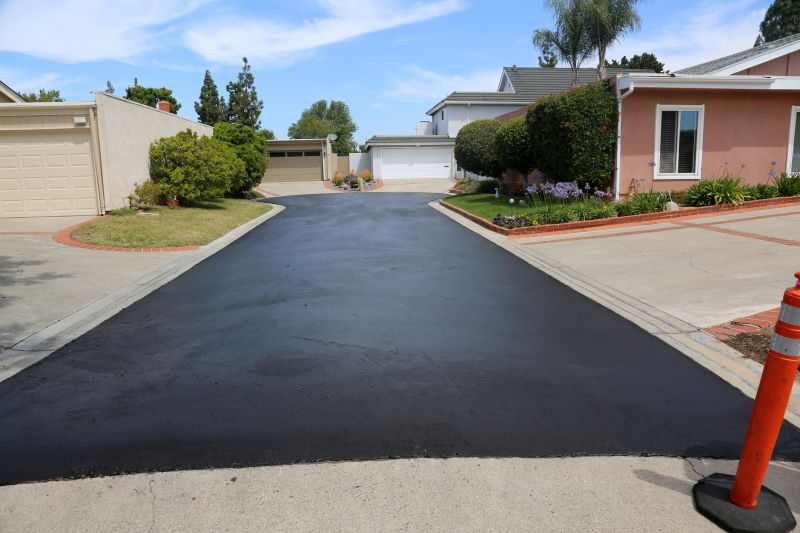
A driveway after professional sealing, showing a smooth, dark, and protected surface.
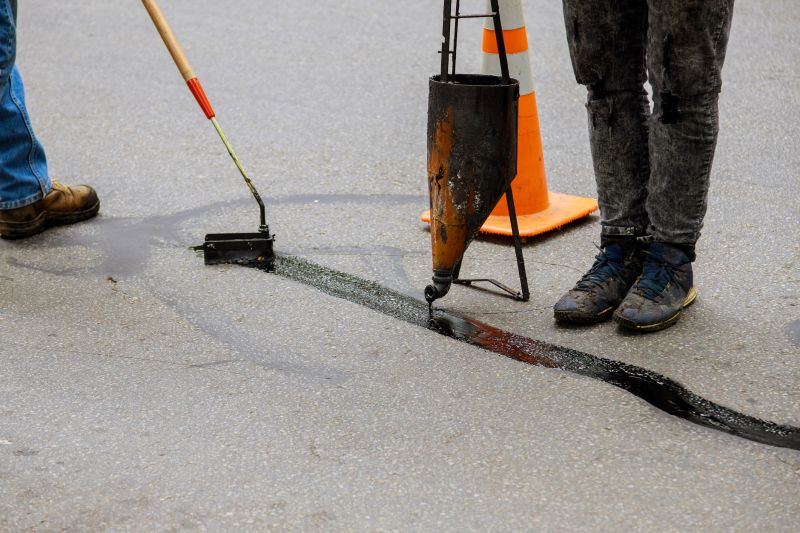
Application of sealant using specialized equipment to ensure even coverage.

A pristine, sealed asphalt surface ready for use.
The durability of asphalt sealings depends on proper surface preparation, quality of the sealant, and application technique. Typically, a sealed asphalt surface can last several years before needing reapplication. Factors such as traffic volume, weather conditions, and surface age influence the longevity of the sealant layer. Routine inspections can help determine when re-sealing is necessary to maintain optimal protection.
| Aspect | Details |
|---|---|
| Typical project duration | 4 to 8 hours for standard-sized areas |
| Number of coats | Usually 1 to 2 coats for effective protection |
| Preparation required | Surface cleaning and crack filling |
| Lifespan of sealant | 3 to 5 years depending on conditions |
| Cost factors | Size of area, surface condition, and sealant type |
| Weather considerations | Sealing should be done in dry, mild weather |
| Maintenance | Periodic inspections and re-application as needed |
For optimal results, it is recommended to schedule asphalt sealings during favorable weather conditions. This ensures proper curing and adhesion of the sealant, ultimately extending the life of the pavement. Regular maintenance and timely reapplications can preserve the appearance and functionality of asphalt surfaces for years to come.
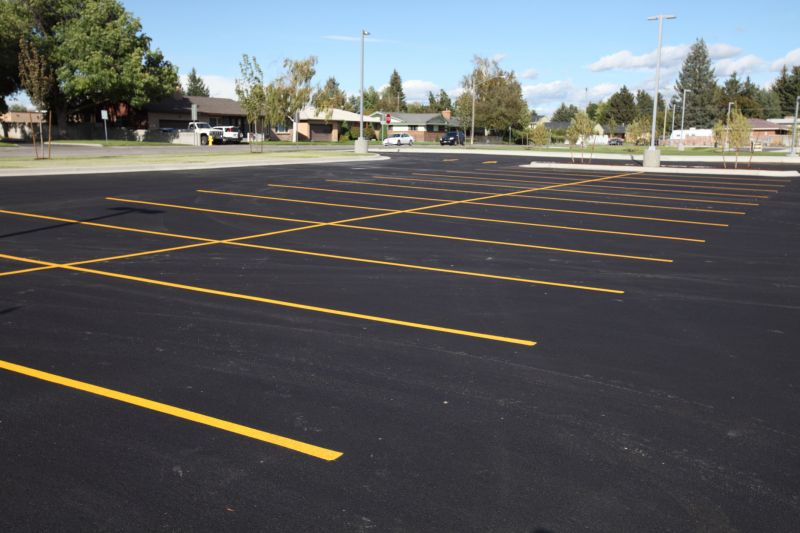
A large parking lot after professional sealing, showing uniform coverage.
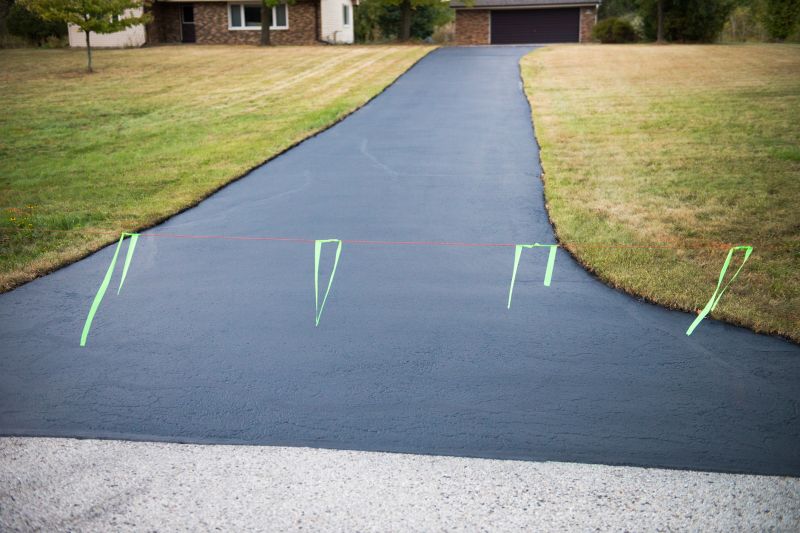
A residential driveway with a freshly sealed, dark finish.
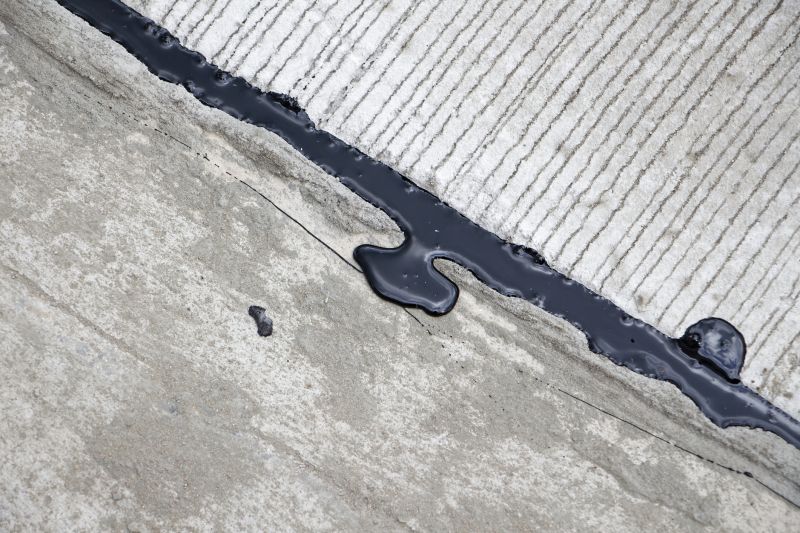
Close-up of a sealed asphalt surface highlighting smoothness and coverage.
Those interested in maintaining the integrity and appearance of asphalt surfaces should consider professional sealings. Properly applied sealants protect against moisture intrusion, UV damage, and surface wear. For a detailed assessment and quote, filling out the contact form provides an opportunity to discuss specific project needs and scheduling options.



